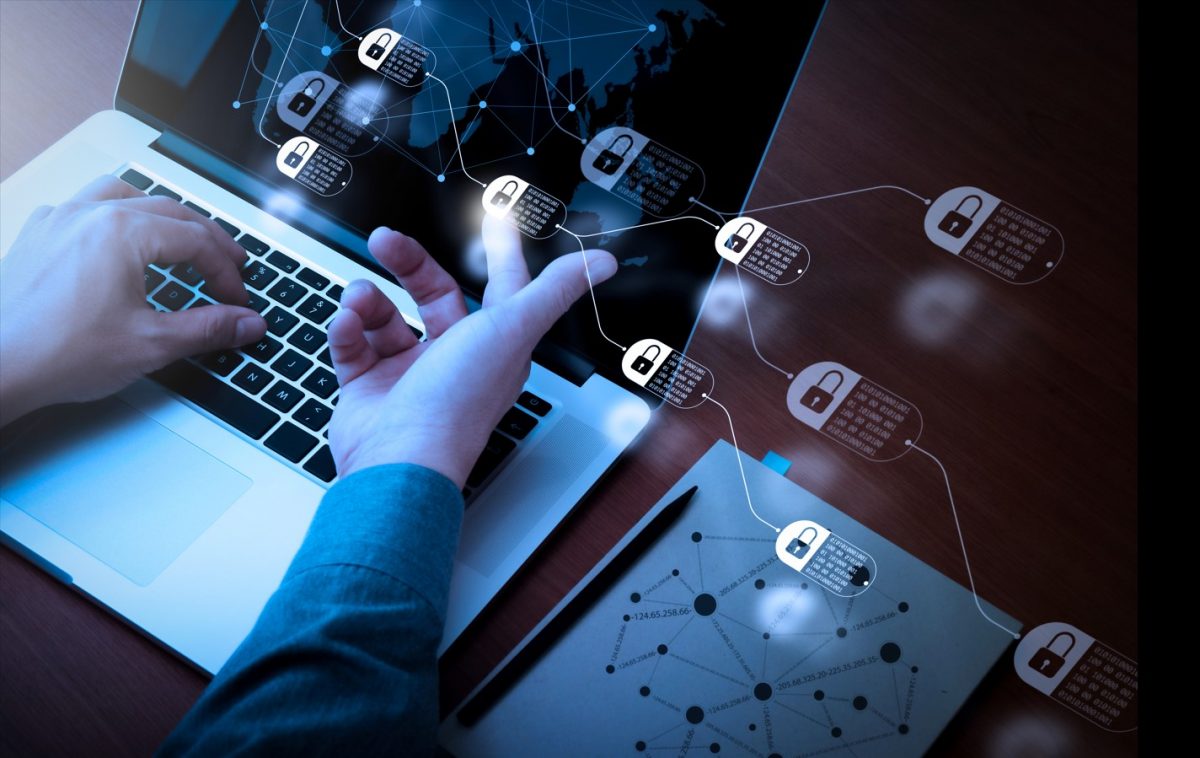Nevertheless, different analysts believe that this technology is here to stay and that its new use cases will not be limited to crypto currencies.
This is not surprising since blockchain technology has some very interesting characteristics, such as the capacity for secure and fast data sharing between entities. It is also well suited for the solution of numerous commercial problems, in particular those related to accounting and operations, and promises to be especially important “in areas where a conventional data base doesn´t function and under circumstances in which there is neither central control nor trust.”
In the future, blockchain could also be required to respond to the expectations or demands of third parties (such as customers, associates, public organizations, and suppliers, among others), and as digital transformation advances among companies, blockchain could even contribute to the development of new commercial models.
For example, one estimate indicates that blockchain has the potential to add 1.8 billion US dollars to the world economy by the year 2030. And one global study foresees 73% growth in this technology in the manufacturing sector between 2022 and 2026.
Security in transactions
Since blockchain is based on a decentralized structure, it enables the sharing of data within a business ecosystem in which no single entity has exclusive control. This makes it possible for entities or participants that do not know each other, for example, to do transactions or exchange data free of worry.
This disruptive technology generates an unalterable and duly encrypted record which improves the security and privacy of transactions. This record is permanent and can be digitally audited by interested parties while transaction histories are made transparent. One of the characteristics of blockchain technology is that each transaction has a time stamp and this stamp is immutable.
In addition to immutable records, blockchain offers identity verification and the capacity to establish binding agreements, which provides the conditions necessary to configure smart contracts that will be executed automatically under certain circumstances.
With Blockchain it is also possible to trace certain products to their point of origin, something which is very important in the case of food-industry companies. Besides this, it enables the generation of tokenization processes that could facilitate the development of some commercial operations.
Blockchain in companies
Especially prominent among the organizations currently exploring the benefits of blockchain are governmental organizations (central banks; customs). These use the technology as a base for smart contracts; financial entities use it for compensation and liquidation; while health care institutions use it to guarantee the security and privacy of patient information. This technology is also used to process insurance claims, among other case uses.
Other sectors, like manufacturing, logistics, and retailing, to name just a few, are looking at blockchain technology as a way to improve supply chain management and the traceability of goods (since, for example, it enables the verification of ethical stocking, and the authenticity of replacement parts). And even more, it is used to automate commercial agreements by means of smart contracts. As with all technology, blockchain requires the implementation of effective controls. Since it is an evolving tool, it offers a great deal of potential for innovation. At Baufest, we are creating a team of specialists in this disruptive technology with a view towards offering companies tailor made technological solutions.


